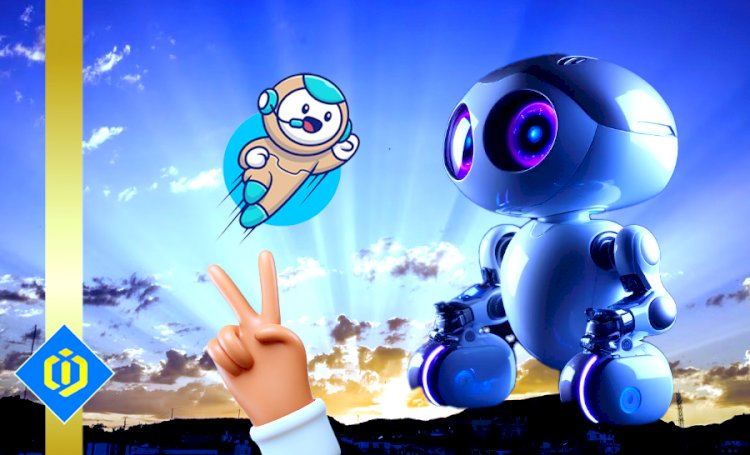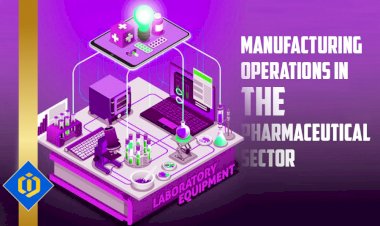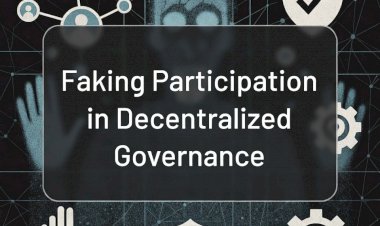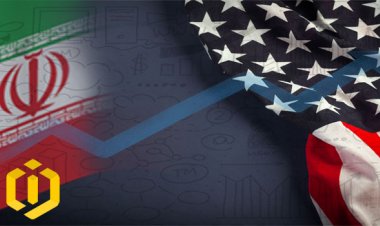Redefined Humanity: The Impacts of Advanced AI in the Emergent Epoch

As we enter an era marked by unprecedented technological advances, we are grappling with fascinating yet daunting questions about who we are as human beings. What happens when artificial intelligence (AI) and robotics transcend the realm of utility and mimic not only our physical capabilities but also our emotional complexity and self-awareness?
The evolving landscape of advanced artificial intelligence, ablaze with machines that not only perform tasks with superior efficiency but also make informed decisions, mimic emotions, and replicate aspects of consciousness, brings these profound investigations into focus. As we venture further into this brave new world, the sanctity and uniqueness of the human condition is subject to scrutiny and re-evaluation.
Such a scenario forces us to examine the core of our identity, our 'humanity'. The conventional parameters – biological and cognitive limits – that have defined “humanity” so far may no longer suffice. We are on the verge of a huge metaphysical rift, which requires the expansion and redefinition of our concept of "humanity".
Perhaps the time has come to separate our understanding of "humanity" from purely biological constructs. In an age dominated by artificial intelligence, the term "human" could encompass not just our species, but any sentient entity capable of emotion, decision-making, and self-awareness. This broader definition could lead to a more inclusive understanding of "life," recognizing the potential for different manifestations of consciousness. This metamorphosis, however, involves a paradox. While enhancing our technological prowess, it simultaneously challenges our pre-established superiority as the most advanced form of life. If machines embody cognitive abilities and emotional depths similar to ours, what distinguishes humans from artificial intelligence?
Against this backdrop, perhaps human uniqueness lies in our capacity for empathy, creativity, and our rich tapestry of shared cultural and historical experiences. Despite advances in artificial intelligence, it's our shared memories, personal experiences, and deep-seated instincts that make us distinctly human. As we navigate this unfamiliar landscape, it's vital to remember that our evolutionary journey has endowed us with unique strengths. While AI can undoubtedly enhance our capabilities, it shouldn't overshadow our inherent human qualities. It is these human elements – empathy, compassion, creativity, and our ability to form meaningful relationships – that must remain central to our identities, no matter how advanced AI becomes.
In this emerging era, we are not mere spectators, but active participants shaping a future that intertwines our destiny with AI. As we redefine "humanity" in this age supplemented by artificial intelligence, we must ensure that our evolution is in harmony with our most cherished human values. Essentially, as we move into an era where AI mirrors our abilities and complexities, we must also strive to improve the very qualities that make us unique human beings.
Author: Pooyan Ghamari, Swiss Economist & Visionary

 content-team
content-team 






















